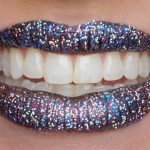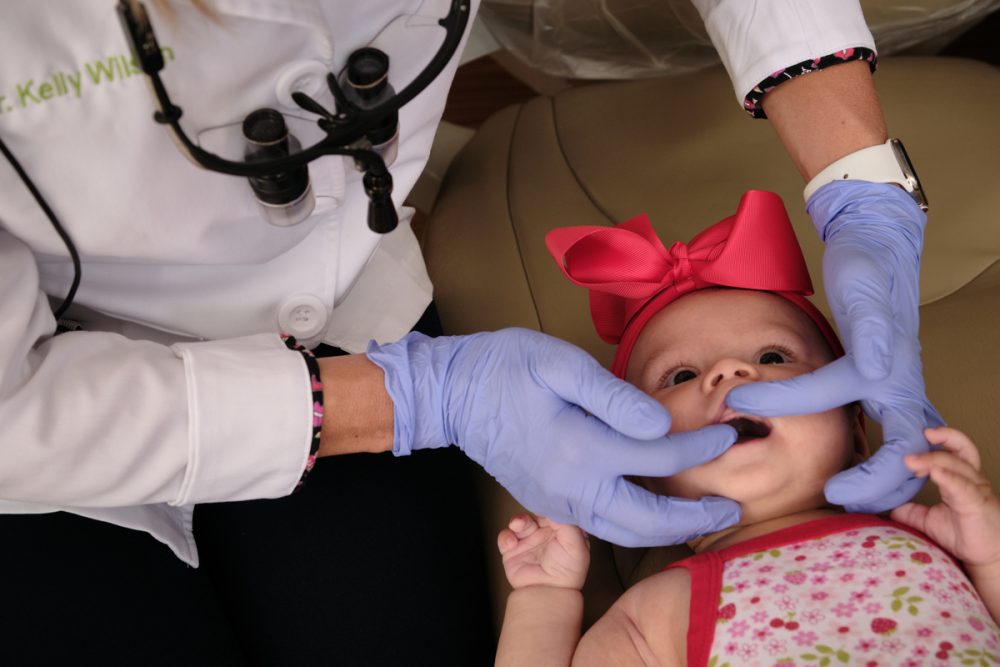
How to Improve Your Smile
November 21, 2023
What Causes Tooth Sensitivity?
December 18, 2023Key Takeaways:
Who Can Benefit:
Myofunctional therapy is beneficial for individuals experiencing issues such as mouth breathing, sleep apnea, speech problems, tongue thrusting, and other orofacial myofunctional disorders (OMDs). It’s suitable for both children and adults, addressing developmental challenges and improving habits like nasal breathing and proper tongue posture.
Therapy Goals:
The primary goals of myofunctional therapy are to strengthen the muscles of the face, mouth, and throat, promote nasal breathing, and support healthy swallowing and tongue positioning.
Multidisciplinary Approach:
This therapy often involves collaboration among professionals like dentists, orthodontists, speech therapists, and sleep specialists. It uses a customized plan of exercises.
You may have heard that myofunctional therapy helps many people breathe, speak, and improve their lives. Perhaps your doctor or dentist even suggested it for you or a family member. If so, you may wonder, “Who is a good candidate for myofunctional therapy?”
First, it helps to understand better what myofunctional therapy is. Please remember this article is for educational purposes and not a substitute for care from a dentist, doctor, speech therapist, or other allied medical professional.
What is Myofunctional Therapy, and Why Do Many People Need It?
If you’re unfamiliar with the term, myofunctional therapy is a physical therapy program that corrects the function of the tongue and facial muscles. It addresses Orofacial Myofunctional Disorders (OMDs), which refers to disorders affecting the muscles and functions of the face and mouth, according to the American Academy of Orofacial Myofunctional Therapy (AOMT).
These muscles are used for swallowing, breathing, and communicating. Myofunctional therapy may help address conditions like tongue thrust, certain speech issues, or breathing problems. Disorders can impact many aspects of daily life, including:
- The ability to latch while breastfeeding
- Facial development and skeletal growth
- The ability to chew or swallow
- Speech and facial expressions
- Temporomandibular joint movement
- Dental alignment
- Breathing
Oral Myofunctional Disorders (OMDs) in childhood can hinder a child’s ability to thrive and develop properly and even affect their facial structure. In adults, OMDs can lead to issues such as snoring, breathing difficulties, and communication problems. The degree of disorder may range from very mild to severe.
According to the AOMT, many of these disorders are rooted in habitual breathing through the mouth instead of the nose. There are many health benefits to breathing through the nose, including:
- Breathing through the nose allows the nasal passages to filter out dust, allergens, and other particles from the air so less gets into your lungs.
- The nose warms and humidifies the air you breathe in for better comfort.
- The nasal breathing process produces nitric oxide, which enhances your lungs’ capacity to absorb oxygen.
- Breathing through the mouth can dry out the oral cavity, leading to issues like dry mouth, bad breath, and potentially increasing the risk of tooth decay and gum disease.
- Nasal breathing helps you breathe at a steady, slower rate, which is calming and promotes better overall health.
- Breathing through the nose can improve sleep quality and reduce the risk of snoring and sleep apnea.
In addition to trouble breathing well, OMDs may result in problems swallowing. Chances are you don’t think much about swallowing; we swallow hundreds of times each day. It’s more complicated than you realize since proper swallowing relies on a synergistic relationship between all the muscles of the face, mouth, and throat.
Myofunctional therapy is a multidisciplinary therapy that addresses muscle imbalances, disorders, and habitual issues using exercises to improve strength, control, and coordination.
Myomunchee therapy is a specific myofunctional tool and exercise. It involves exercises using a special device made from medical-grade silicone. These exercises strengthen underdeveloped muscles for better chewing, breathing, and sleeping. This is one popular and effective example of specific myofunctional exercises.
Signs a Child May Need Myofunctional Therapy
Children often can’t clearly articulate when something is wrong or when they are struggling, especially if it affects their development. Here are some signs or symptoms to watch for:
- Snoring to pediatric sleep apnea
- Tongue thrusting.
- Unusual tongue movement when eating or speaking.
- Open-mouth breathing most of the time; it’s okay to breathe through the mouth during or shortly after exercise or exertion but not throughout the day.
- Trouble speaking or articulating compared to peers.
- Trouble eating, drinking, sucking, or swallowing
- Mouth hanging open when in a relaxed posture.
- A misaligned bite, an overbite, or an underbite.
- Complaints about jaw pain or TMJ pain.
Who Is a Good Candidate for Myofunctional Therapy?
Sadly, many people who would benefit from myofunctional therapy don’t know about it. We hope to change that in the Charlotte community and beyond.
If you, your child, or another family member suffers from any of the Orofacial Myofunctional Disorders mentioned, myofunctional therapy may be a good option. The best way to find out is by seeing a healthcare provider who offers myofunctional therapy, like a dentist.
Your therapist will carefully assess the condition and whether you might benefit from myofunctional therapy. During the exam, a myofunctional therapist may look for signs of:
- Muscle imbalances
- Signs of tongue tie
- Overactive lips or cheeks
- Trouble swallowing
- Poor muscle tone affecting the tongue, lips, or cheeks
- Signs of tongue thrusting
- Habitual mouth breathing
- Trouble breathing through the nose
- Trouble articulating words, whistling, etc.
The therapist designs an exercise program that addresses the patient’s unique needs. The exercise program may last a few minutes to 30 minutes as you progress as you gain strength and coordination.
A good candidate is someone who will commit to following the treatment plan or, in the case of a child, has a parent or guardian willing to help them consistently follow their program. Over time, muscle imbalances can be corrected, and bad habits can be unlearned. The mouth and tongue start resting at a healthier posture.
Myofunctional therapy benefits a range of children and adults as the treatment is tailored to individual needs. Just like how OMDs vary in severity, the treatment plan and exercises also vary.
Next Steps: How to Learn More About Whether Myofunctional Therapy is For You
Contact a myofunctional therapist to book a consultation. Since myofunctional therapy is a multidisciplinary treatment, you may already be seeing one if you have concerns about dental health, speech, or sleep apnea. Dentists, respiratory, physical, and speech therapists are among the various allied professionals who may offer it.
If you live in or near the Charlotte, NC, area, Southview Dentistry offers myofunctional therapy in addition to our preventative and cosmetic dentistry services. We find it rewarding when our patients gain control of their facial muscles and thrive. Contact us today to schedule your appointment and to learn whether you (or your loved one) are a good candidate for myofunctional therapy.




